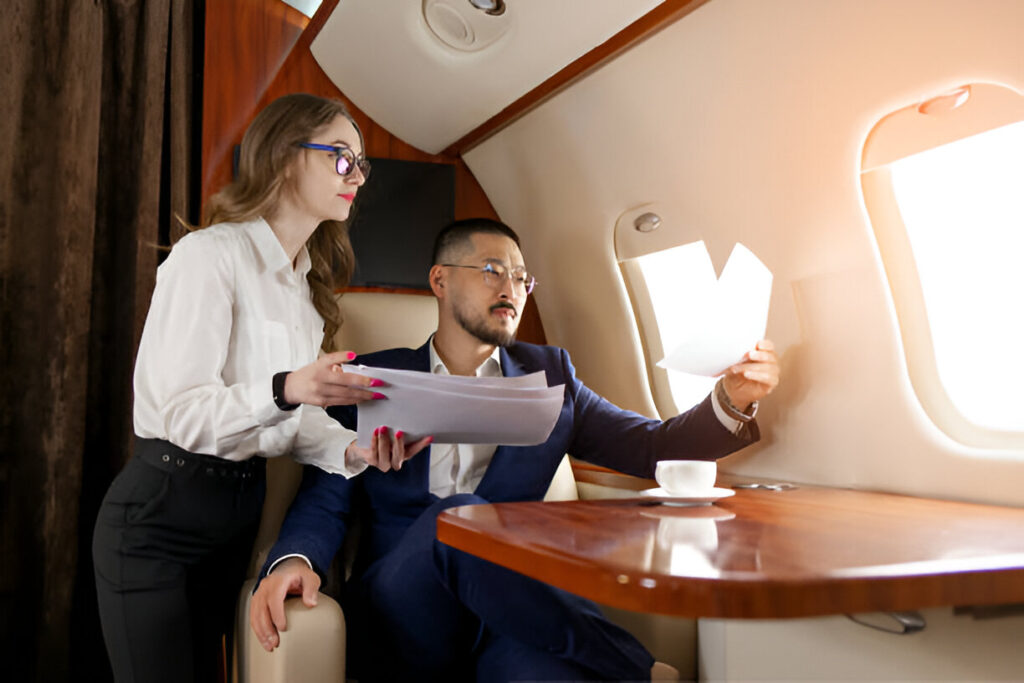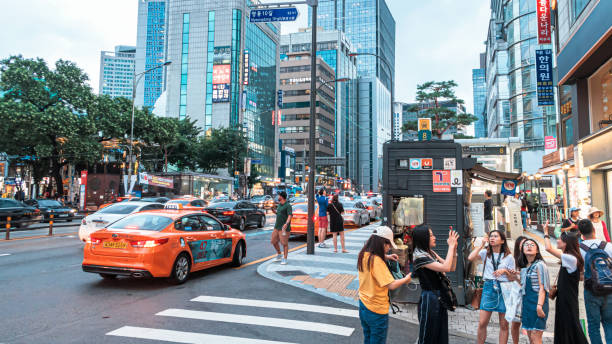Getting paid to fly around and critique airlines sounds like the dream job everyone wishes they had. The reality of being a professional airline secret shopper involves way more mundane details than you’d expect, plus some genuine challenges that nobody talks about. I spent two years in this role for a major evaluation company, and while it definitely beats sitting in a cubicle, it’s not the glamorous travel lifestyle social media makes it seem. Here’s what actually happens day-to-day in this unique profession.
Contents
The Real Job Description Beyond Travel Perks
Mystery shopping for airlines means evaluating every touchpoint of the passenger experience with obsessive attention to detail. You’re not just flying somewhere fun – you’re documenting whether the check-in kiosk screen responded within acceptable timeframes, timing how long boarding took, and noting if the flight attendant smiled appropriately during safety demonstrations.
Most assignments require extensive pre-flight preparation. Companies provide detailed evaluation forms that can run 15-20 pages covering everything from airport signage clarity to seat comfort measurements. You’ll photograph specific elements like gate area cleanliness, measure legroom with provided tools, and track service timing down to the minute.
The Service Quality Measurement Group’s 2023 industry report shows that airline mystery shoppers typically complete 8-12 evaluation categories per flight, from initial booking experience through baggage claim. Each category contains multiple specific checkpoints that must be documented objectively and consistently.
Travel Schedule Realities and Lifestyle Impact
Forget picking your destinations based on personal interest. Assignments get distributed based on airline needs and route coverage requirements. You might fly Miami to Detroit on Tuesday, then catch a red-eye to Sacramento Thursday. The routes often focus on problem areas or new service launches rather than vacation hotspots.
The irregular schedule wreaks havoc on personal relationships and routines. Unlike business travelers who usually maintain some predictability, mystery shoppers get assignments with short notice and constantly changing patterns. I regularly had plans cancelled because a client needed weekend coverage on specific routes.
Sleep becomes a major challenge. Different time zones every few days, plus the need to stay alert for detailed observations during flights, creates constant fatigue. Many mystery shoppers develop elaborate systems for managing jet lag and maintaining evaluation accuracy despite exhaustion.
Detailed Documentation and Reporting Requirements
The paperwork side of this job is intense. Each flight requires comprehensive reports that can take 2-4 hours to complete properly. You’re documenting objective facts, not personal opinions, which means learning to separate your preferences from measurable service standards.
Photography presents constant challenges. You need pictures of various elements without appearing obvious about it or violating passenger privacy. Some evaluation companies provide tiny cameras or smartphone apps designed for discrete documentation. Others rely on memory and post-flight sketching.
Report accuracy is crucial because airlines use this data for staff training, service improvements, and sometimes personnel decisions. The International Association of Mystery Shopping Service Providers requires extensive quality control measures, including supervisor reviews and occasionally duplicate shoppers on the same flights for verification.
Interaction Protocols and Maintaining Cover
The biggest skill in mystery shopping isn’t observation – it’s acting like a regular passenger while maintaining professional objectivity. You can’t appear too interested in service details or ask questions that regular travelers wouldn’t ask. Staying in character requires constant mental balance.
Different assignments have varying interaction requirements. Some evaluations require you to present specific problems or requests to test staff responses. Others demand complete passivity to observe natural service behavior. Managing these different roles while maintaining consistent evaluation standards takes practice.
Airport security presents unique challenges for mystery shoppers carrying evaluation equipment. Documentation tools, timing devices, and measurement instruments can trigger additional screening. Most companies provide TSA-approved equipment lists and traveler credentials to minimize complications.
Financial Realities and Career Sustainability
The compensation structure varies significantly between companies and assignment types. Some pay flat fees per evaluation plus expenses, others offer hourly rates during travel time. International assignments typically pay more but require longer time commitments and more complex documentation.
Expenses get reimbursed, but cash flow management becomes crucial when you’re constantly advancing money for flights, hotels, and meals. Some companies use corporate accounts for major expenses, others expect you to pay and wait for reimbursement cycles.
Career longevity in mystery shopping faces several challenges. The constant travel becomes physically demanding over time. Industry consolidation means fewer opportunities with major airlines. Some shoppers transition into consulting roles, training new evaluators, or specialized travel industry positions using their experience.
Skills Development and Professional Growth
Mystery shopping develops unusual skill sets that transfer surprisingly well to other careers. The ability to observe and document objectively, maintain professional composure under stress, and analyze service systems appeals to employers in hospitality, retail, and customer experience roles.
The job also builds extensive knowledge of airline operations, customer service best practices, and travel industry dynamics. Many former mystery shoppers leverage this expertise into consulting, training, or management positions within travel companies.
Communication skills get heavily developed through constant report writing and client interaction. The need to present factual observations clearly and persuasively creates valuable professional writing experience that applies to many other fields.




